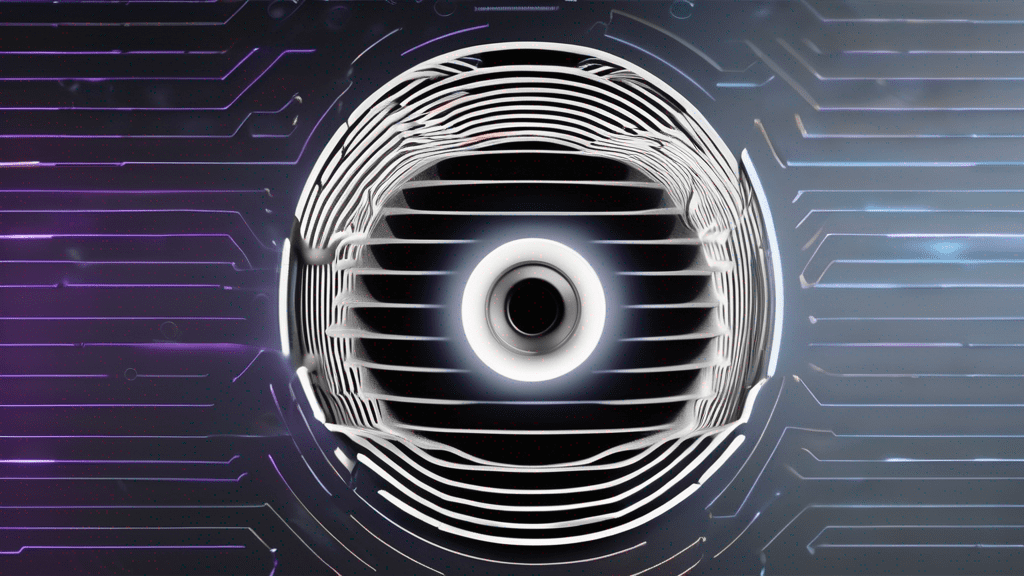When I first started exploring the world of audio equipment, one question that kept coming up was whether any speaker could be used as a subwoofer.
It seemed like a practical solution to use an existing speaker for bass rather than investing in a new subwoofer. So, I did some digging and personal experimenting, and here’s what I learned.
Let’s start with the basics. A subwoofer is designed specifically to handle low-frequency sounds—those deep bass notes that regular speakers often struggle to reproduce accurately.
While a regular speaker covers a wide range of frequencies (from high to mid to low), it typically doesn’t have the power or design to bring out the deep, thumping bass you get with a dedicated subwoofer.
Subwoofers are built with larger drivers and often have dedicated amplifiers to handle the heavy lifting of low-end frequencies.
Regular speakers, on the other hand, tend to focus more on delivering a balanced mix of highs, mids, and lows, but the lower frequencies might sound flat or lack the punch you’re looking for when you’re enjoying bass-heavy music or movies.
In theory, it’s possible to use a regular speaker to replicate some level of bass. But I’ll be honest: the results are rarely satisfying.
I tried using a standard bookshelf speaker as a subwoofer, and while it could produce some bass, it just didn’t give me that deep, rumbling sound I wanted. The speaker wasn’t designed for it.
Here’s why: most regular speakers have smaller drivers (around 4 to 6 inches), which means they physically can’t move enough air to generate those super-low frequencies.
A true subwoofer usually has a driver that’s at least 8 inches or larger, which allows it to produce those deep bass sounds we all love.
Also, regular speakers don’t have the internal components to handle high power output for extended periods. You’re more likely to damage the speaker over time when trying to push them to act as a subwoofer. Trust me, I learned this the hard way!
If you want that heart-pounding bass experience, I recommend getting a subwoofer designed for the job. After experimenting with various speakers, I realized that no regular speaker could match the performance of a true subwoofer. Even budget subwoofers do a much better job at producing those low-end frequencies than any modified speaker I’ve tried.
A good subwoofer enhances not just music but also movie soundtracks, making explosions, drum beats, and other deep sounds feel more powerful and immersive. Plus, subwoofers are designed to blend seamlessly with your other speakers, meaning you’ll get a balanced sound across all frequencies.
In conclusion, while you can try to use a regular speaker as a subwoofer, it’s far from ideal. You’ll be compromising on sound quality, risking damage to your equipment, and ultimately missing out on that deep bass experience. From my experience, it’s definitely worth investing in a dedicated subwoofer if you want to enjoy full, rich, and immersive sound.
So, if you’re on the fence like I was, I’d say don’t waste time trying to make a regular speaker do something it wasn’t designed for. A subwoofer is built for bass, and it makes a noticeable difference when you have one in your setup.
No, a normal speaker can’t produce the deep bass that a subwoofer is designed for. It’s not built to handle low frequencies effectively.
Yes, you can use regular speaker wire for a subwoofer, but make sure it’s thick enough to handle the power output, especially for long distances.
Subwoofers can work with most speakers as long as your audio system supports subwoofer output or has a dedicated subwoofer channel.
A subwoofer is a type of speaker, but it’s specialized for handling low-frequency sounds (bass) that regular speakers can’t reproduce as effectively.
